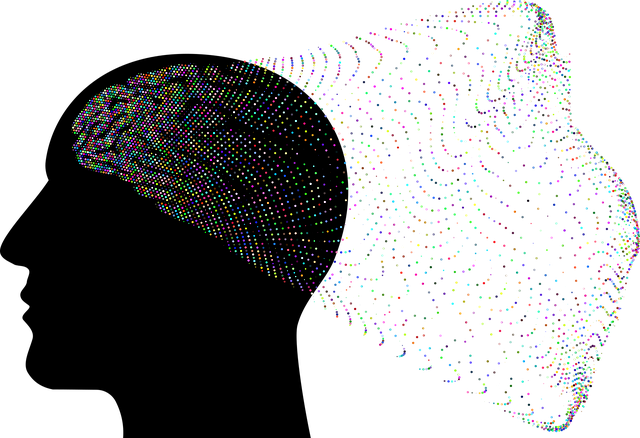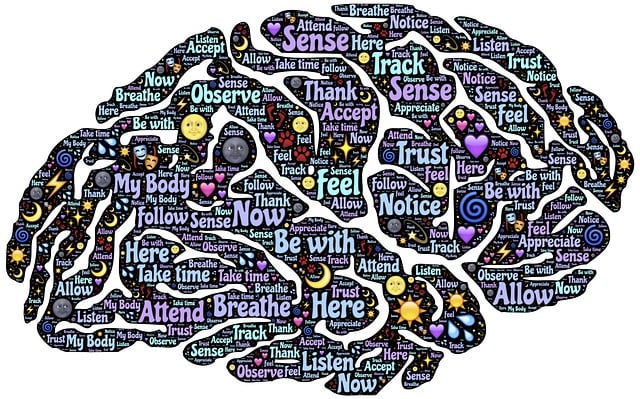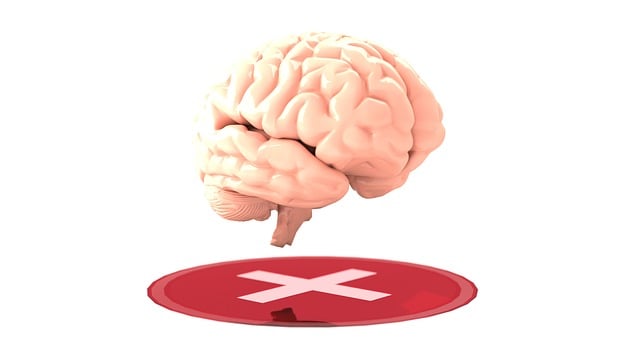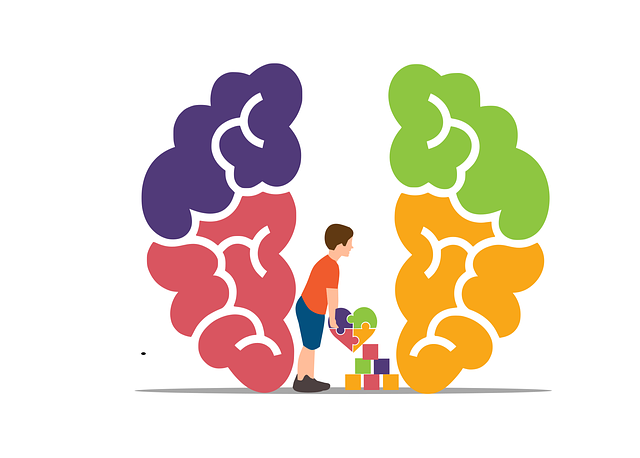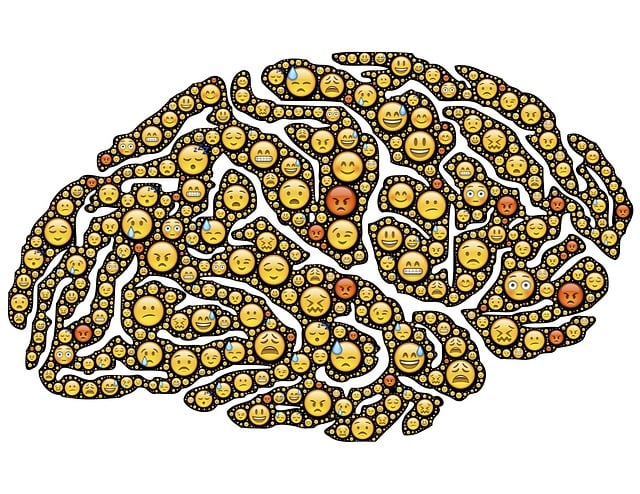Northglenn ADD-ADHD Therapy offers a specialized, effective approach integrating evidence-based strategies for managing Attention Deficit Disorder (ADD) and Attention Deficit Hyperactivity Disorder (ADHD). Group dynamics focus on fostering inclusive environments through active listening, reflective practices, structured activities, and tailored icebreakers. These methods enhance therapeutic outcomes, equip individuals to navigate social situations, and promote improved mental wellness. Open communication, non-judgmental listening, and empathy-building techniques create safe spaces for participants to express themselves freely. Regular assessments and dynamic curriculum adjustments cater to individual needs, leading to tangible improvements in stress management, compassion cultivation, and inner strength development.
Mental wellness group facilitation is an art that empowers individuals through community support. This article explores dynamic strategies, focusing on techniques that foster inclusive and open environments for mental health growth. We delve into the intricacies of group dynamics, offering insights from Northglenn ADD-ADHD Therapy, a specialized approach to handling unique challenges. By implementing effective communication strategies and measurable outcomes, facilitators can revolutionize mental wellness support, making it accessible and impactful for all participants.
- Understanding Mental Wellness Group Dynamics
- Northglenn ADD-ADHD Therapy: A Specialized Approach
- Facilitation Techniques for Inclusive Engagement
- Strategies to Foster Open Communication
- Measuring and Promoting Positive Outcomes
Understanding Mental Wellness Group Dynamics

Understanding Mental Wellness Group Dynamics involves recognizing the unique interplay between individuals within a shared therapeutic space. In a Northglenn ADD-ADHD Therapy group, participants bring diverse experiences and perspectives, forming intricate social connections that can either enhance or hinder their mental wellness journey. Facilitators play a crucial role in navigating these dynamics by fostering an inclusive environment where everyone feels heard and valued.
By implementing effective community outreach program strategies, facilitators can promote open communication and empathy among group members. Techniques such as active listening, reflective practices, and structured activities help manage stress and anxiety relief, enabling participants to build supportive relationships. These dynamic interactions not only enrich the therapeutic process but also prepare individuals to navigate social situations in their daily lives, ultimately contributing to improved mental wellness outcomes.
Northglenn ADD-ADHD Therapy: A Specialized Approach

In Northglenn, ADD-ADHD Therapy has emerged as a specialized and effective approach to mental wellness. This therapeutic method is tailored to meet the unique needs of individuals with Attention Deficit Disorder (ADD) or Attention Deficit Hyperactivity Disorder (ADHD), focusing on improving focus, impulse control, and hyperactivity management. The program integrates evidence-based practices, including self-awareness exercises, compassion cultivation practices, and personalized strategies, to empower clients in their daily lives.
The Northglenn ADD-ADHD Therapy fosters a supportive environment that encourages participants to develop coping mechanisms tailored to their specific challenges. Through structured sessions led by experienced facilitators, individuals gain insights into their behaviors and thought patterns, enabling them to enhance self-regulation and interaction with others. By combining traditional therapy techniques with innovative mental wellness strategies, this specialized approach aims to revolutionize the way ADD/ADHD is managed, promoting a more balanced and fulfilling life for those affected.
Facilitation Techniques for Inclusive Engagement

In facilitating mental wellness groups, especially in diverse communities like Northglenn ADD-ADHD Therapy, inclusive engagement is key to fostering an open and supportive environment. Group leaders should employ techniques that encourage active participation from all members, irrespective of their unique backgrounds or challenges. One effective method is utilizing icebreakers tailored to different interests and abilities, ensuring everyone feels comfortable sharing. For instance, combining creative activities with traditional introductions can help participants express themselves in a way that suits them best.
Additionally, promoting emotional regulation through structured yet flexible discussions allows for a safe space where members can share their experiences. Group facilitators should guide conversations that touch on topics relevant to the collective, such as burnout prevention and the development of public awareness campaigns around mental health. This not only caters to individual needs but also cultivates a sense of unity and shared purpose among participants, creating an inclusive atmosphere conducive to emotional well-being.
Strategies to Foster Open Communication

In facilitating mental wellness groups, one of the most effective strategies is to create an environment that encourages open communication. This begins with establishing a safe and non-judgmental space where each participant feels heard and respected. Techniques like active listening, where facilitators reflect back what’s been said to confirm understanding, can help individuals feel validated. Northglenn ADD-ADHD Therapy often benefits from these group settings, as they provide a supportive network for individuals dealing with similar challenges.
Empathy Building Strategies play a crucial role in fostering open communication. Facilitators should aim to understand each person’s unique experiences and perspectives, allowing them to express themselves more freely. Confidence Boosting activities within the group can also encourage participation. By combining these Communication Strategies, mental wellness groups in Northglenn can thrive, fostering deeper connections and meaningful dialogues that enhance overall well-being.
Measuring and Promoting Positive Outcomes

Measuring and promoting positive outcomes are integral aspects of effective mental wellness group facilitation. By utilizing tailored assessment tools, facilitators can gauge participants’ progress in areas like stress management, compassion cultivation practices, and inner strength development. This data allows for adjustments in the group dynamics and curriculum to best serve each individual’s unique needs. Through regular check-ins and structured evaluations, facilitators at Northglenn ADD-ADHD Therapy ensure that the techniques taught not only resonate with the group but also lead to tangible improvements in mental wellness.
Promoting positive outcomes involves creating a safe and supportive environment where participants feel empowered to share their experiences, learn from one another, and embrace new perspectives. Incorporating evidence-based practices alongside compassionate facilitation fosters an atmosphere of growth and healing. By regularly reviewing progress and celebrating achievements, the group dynamics strengthen, leading to enhanced mental wellness for all members.
Group facilitation techniques play a vital role in enhancing mental wellness, especially when tailored to specific needs like those of individuals with ADD-ADHD. As demonstrated by Northglenn ADD-ADHD Therapy, specialized approaches can revolutionize engagement and communication within group settings. By implementing inclusive strategies and fostering open dialogue, facilitators can create a supportive environment that promotes positive outcomes for all participants. These techniques are essential tools in the mental health professional’s arsenal, ensuring that every voice is heard and valued.

